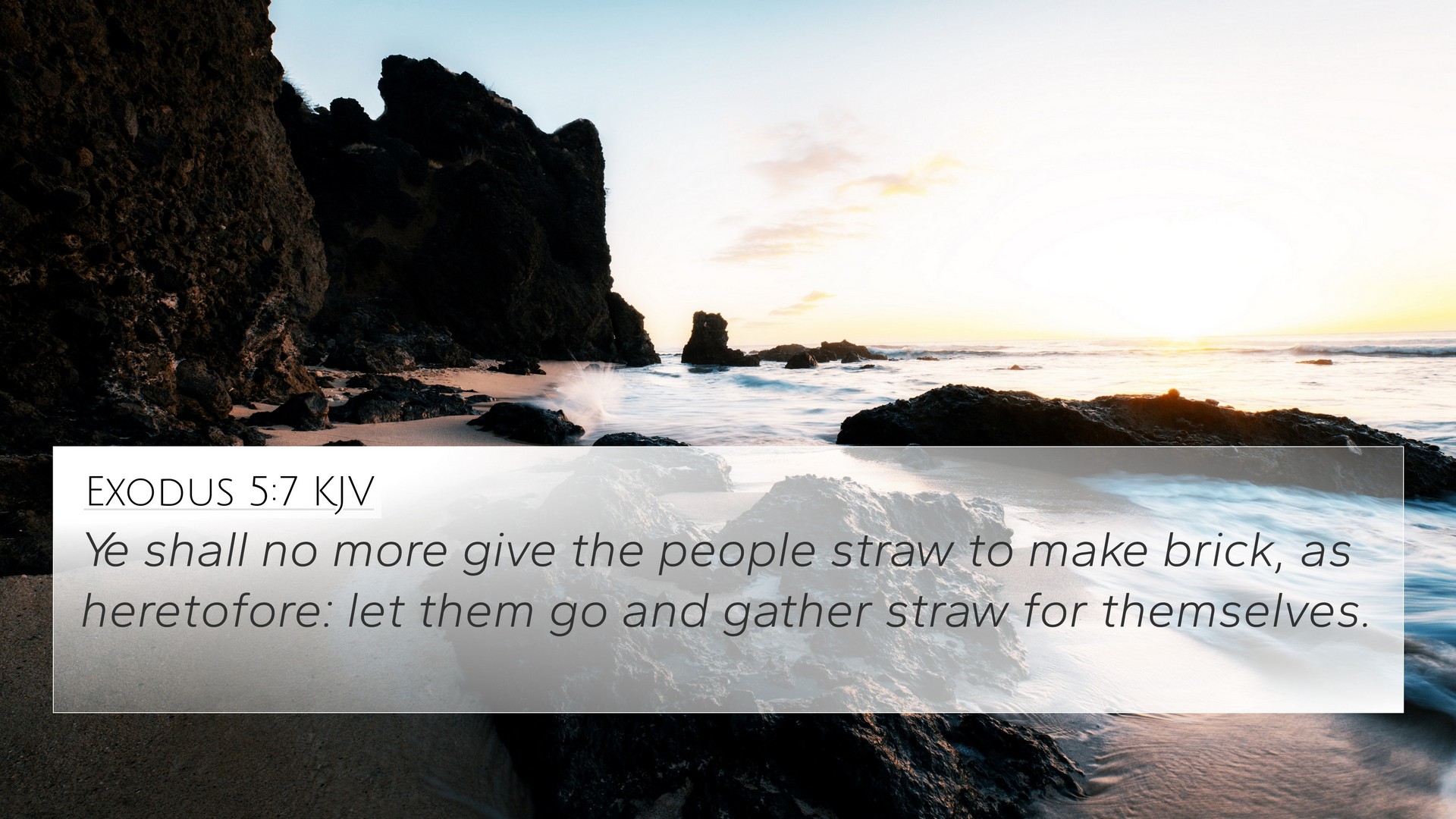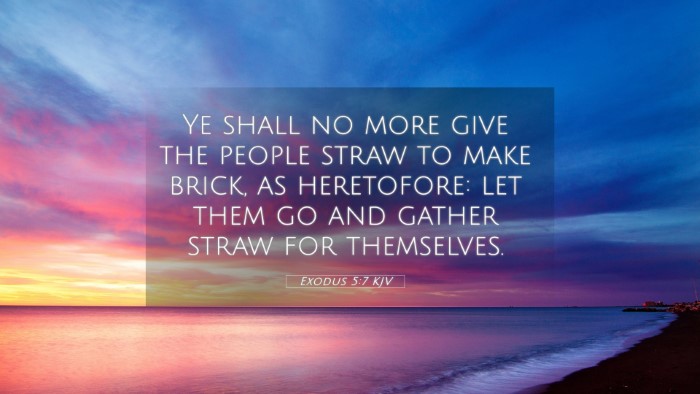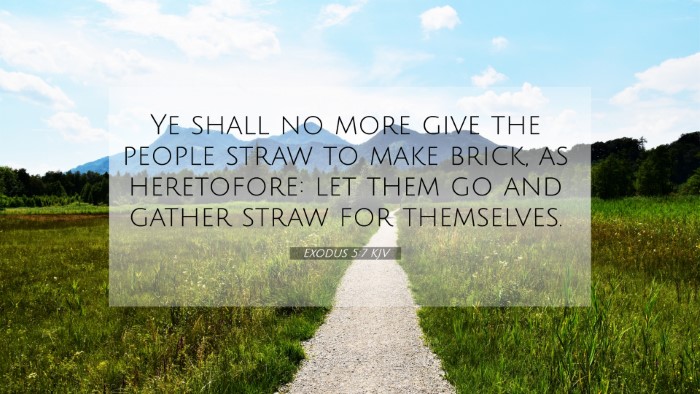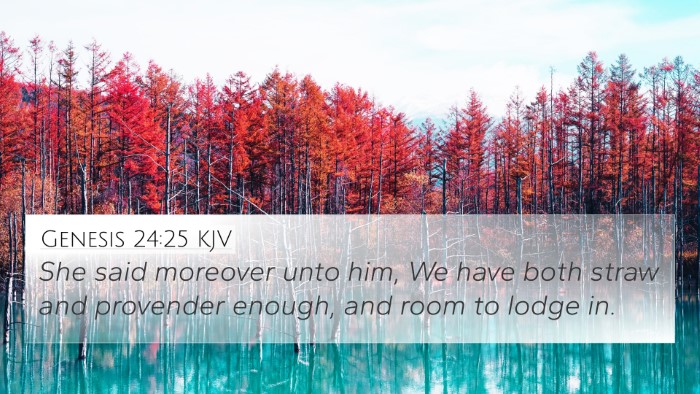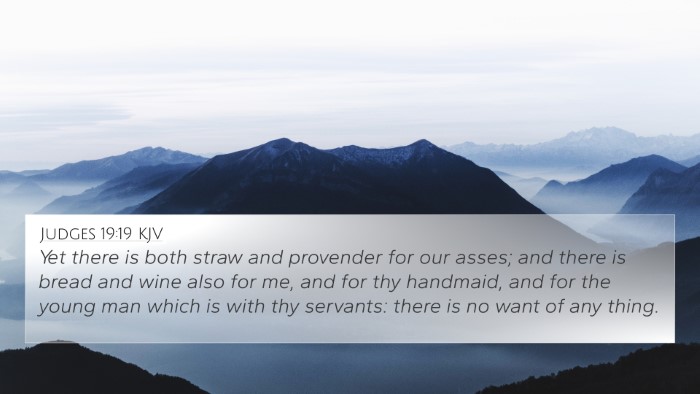Understanding Exodus 5:7
Exodus 5:7 states: "Ye shall no more give the people straw to make brick, as heretofore: let them go and gather straw for themselves." This verse is situated in the context of Moses' initial encounter with Pharaoh, where he demands freedom for the Israelites.
Contextual Analysis
In light of public domain commentaries, the exertion of the Pharaoh reveals both his stubbornness and his efforts to maintain control over the Israelite people. The verse indicates a shift in the labor expected from the Israelites, amplifying their burdens. Pharaoh not only refuses to release the Israelites but also escalates their suffering by demanding they procure their own straw, which was previously provided to them.
Theological Implications
Commentators like Matthew Henry and Adam Clarke highlight the oppressive nature of slavery represented in this demand. The added labor symbolizes the Israelites’ increased suffering and foreshadows the persistent struggle they would face before achieving liberation. This can be seen as a reflection of sin’s demand on humanity, echoing the theological motif of oppression leading to liberation, which is core to the narrative of Exodus.
Cross-References
Exodus 5:7 is linked thematically and contextually with several other Bible verses:
- Exodus 1:14 - Highlights the harshness of the Israelite servitude.
- Exodus 2:23 - Shows the plight of the Israelites crying out under their burdens.
- Exodus 3:7-10 - God’s awareness of their suffering and His plan for deliverance.
- Psalm 106:42-43 - Reflects on Israel's suffering in Egypt and God's response.
- Isaiah 43:2 - Assures that God will be with His people in their trials.
- Matthew 11:28-30 - Jesus' invitation to the weary to find rest, paralleling the liberation theme.
- Romans 8:18 - Discusses present sufferings compared to future glory.
Connections and Themes
This verse reaches into several themes in the Bible: the burden of sin, the trials of the faithful, and the eventual promise of redemption. Cross-referencing these verses can lead to a deeper understanding of how systemic oppression is consistently addressed across Scripture. The thematic resonance found between Exodus and the New Testament echoes God's continual concern for justice and mercy.
Comparative Bible Verse Analysis
The requirement that the Israelites gather their own straw can be seen as similar to the expectations placed upon believers today with respect to their faith and actions. The idea of grace and the empowerment of God’s people to overcome trials, as noted in Philippians 4:13, connects with this narrative of work and deliverance.
Tools for Bible Cross-Referencing
For those interested in exploring the connections between Bible verses, utilizing resources such as a Bible concordance or cross-reference guide is invaluable. These tools assist in identifying thematic links and scriptural parallels, enriching one’s study and understanding of biblical texts.
Conclusion
Exodus 5:7 is a pivotal verse that speaks to the struggles of the Israelite people, highlights the oppressive nature of their bondage, and serves as a precursor to their eventual liberation. Through biblical cross-referencing, deeper insights into the nature of God’s deliverance can be attained. Understanding these verses collectively forms a comprehensive framework for interpreting themes of deliverance, justice, and hope present throughout Scripture.
